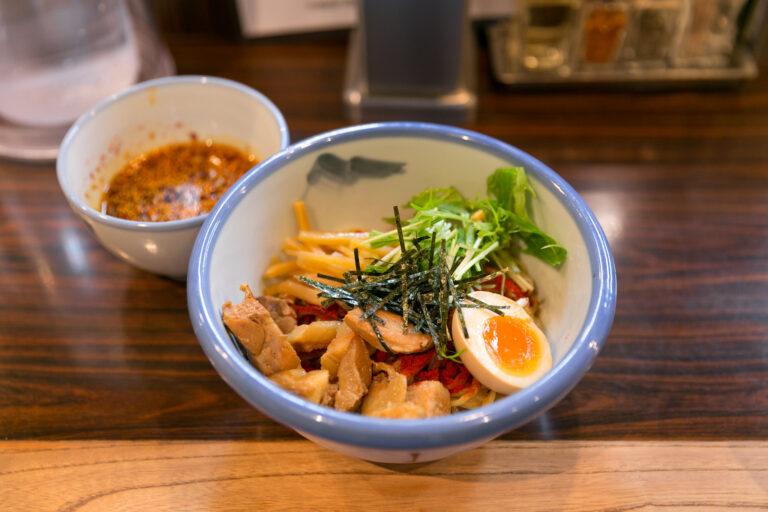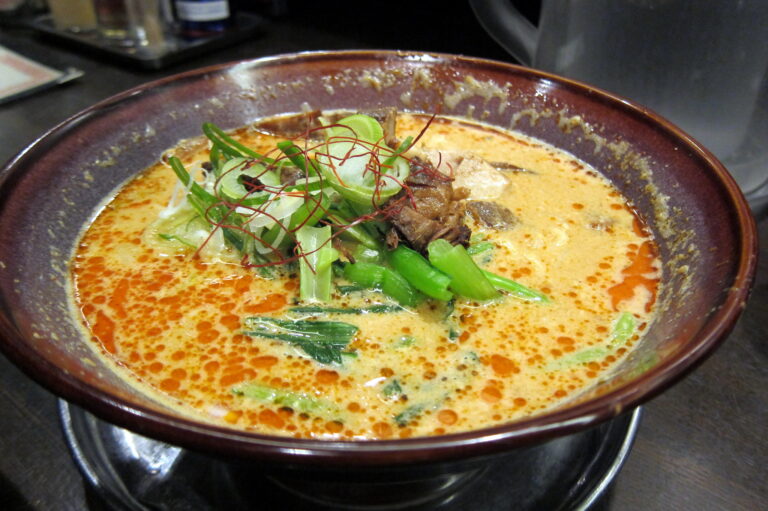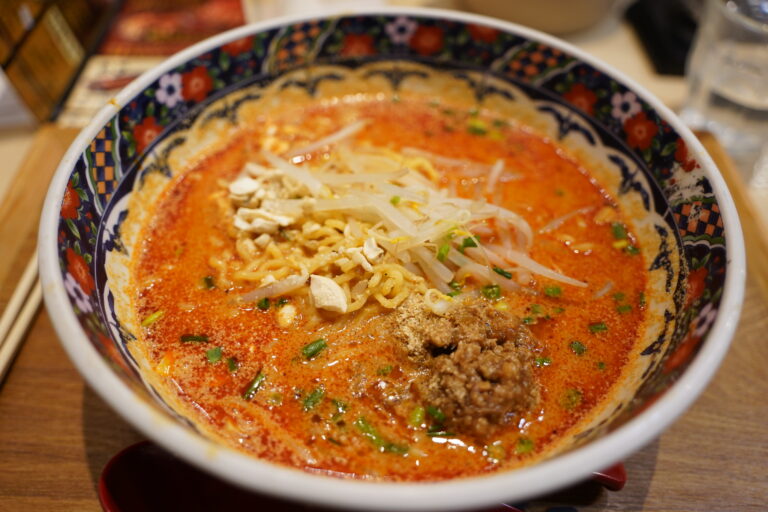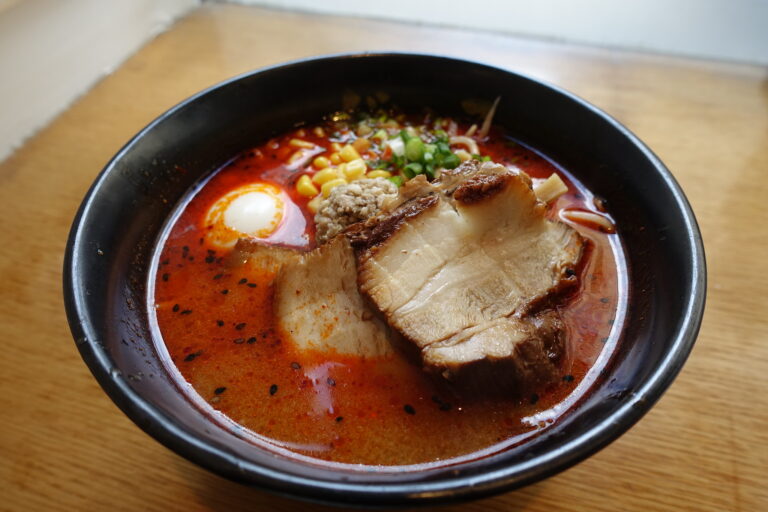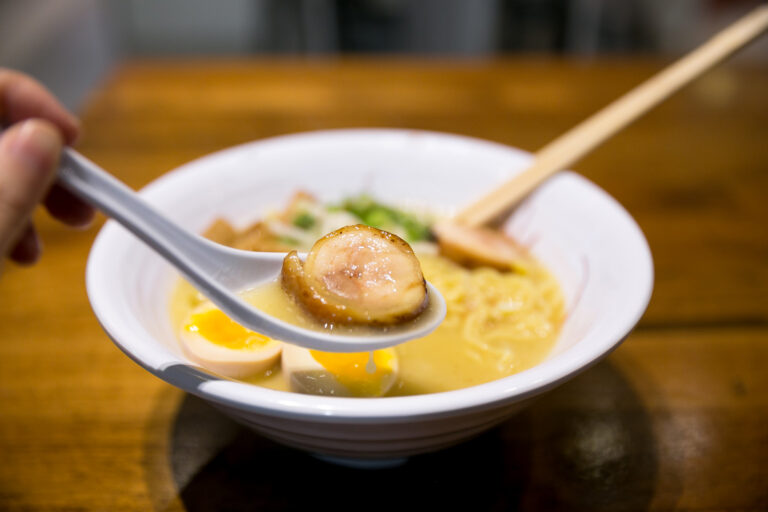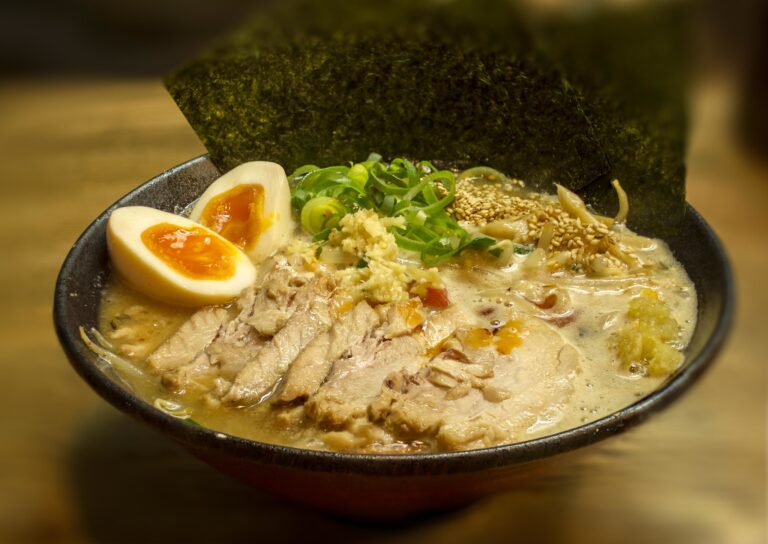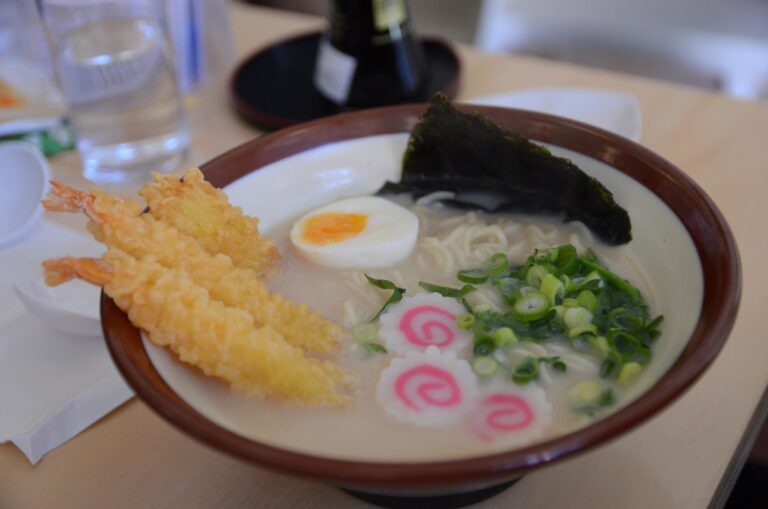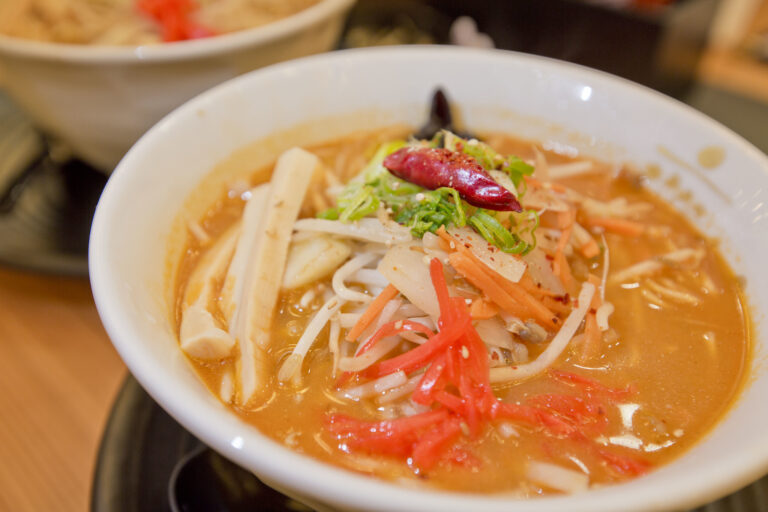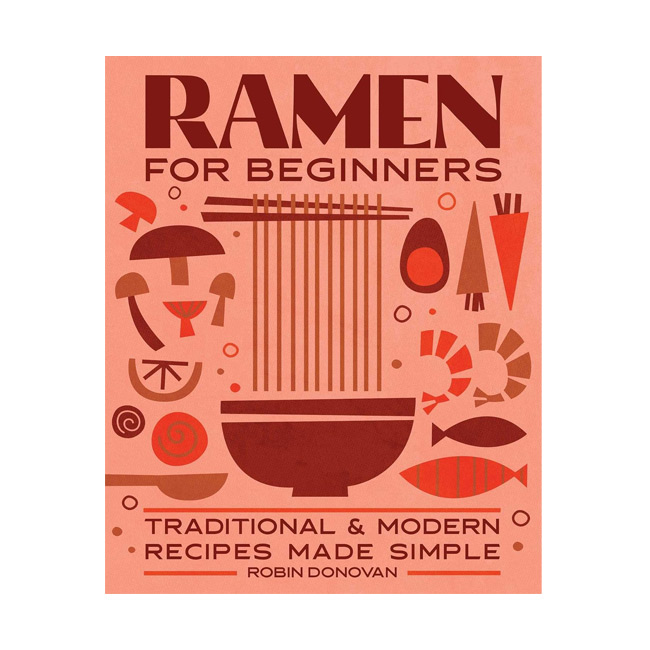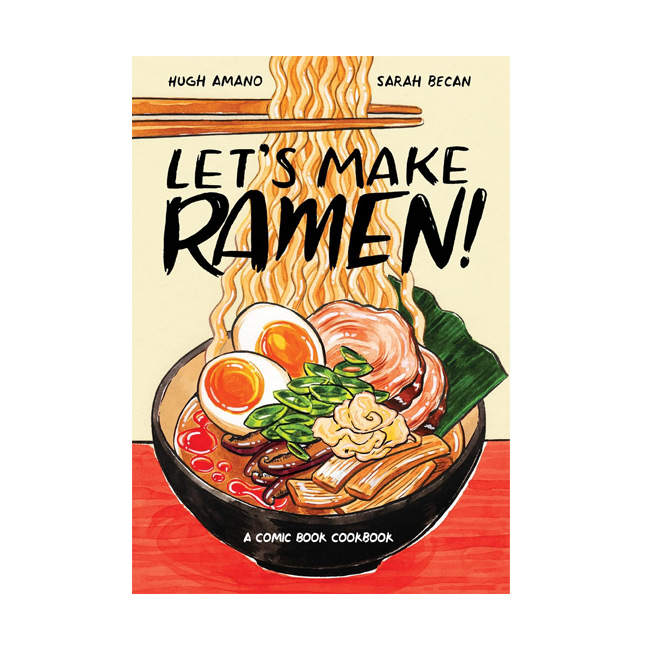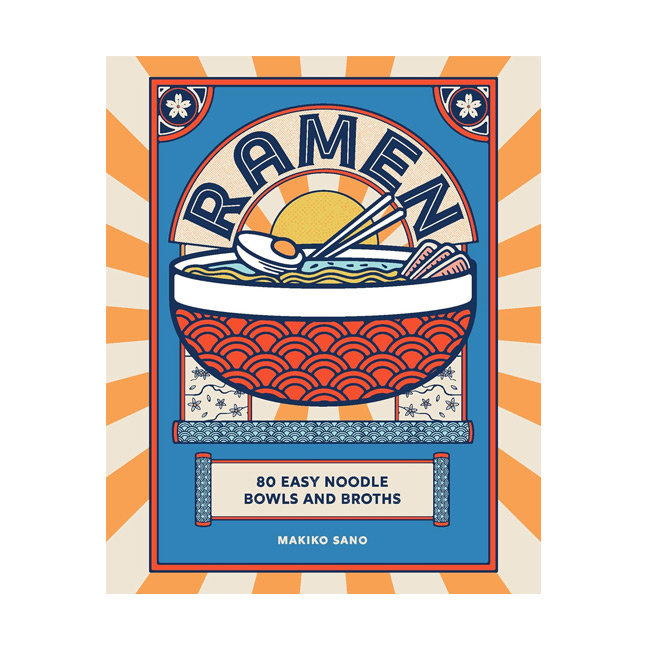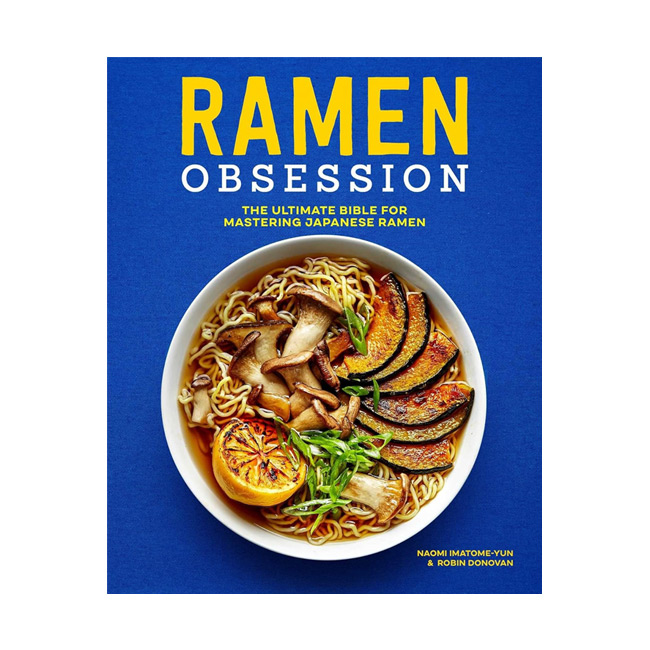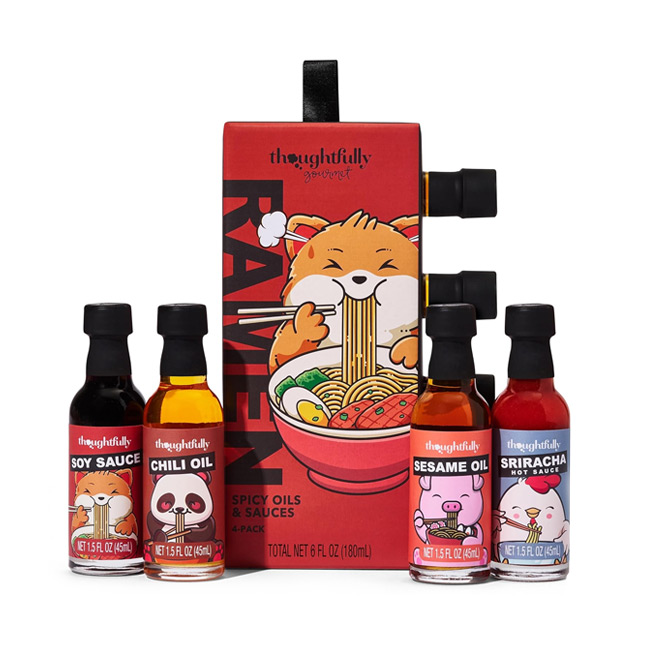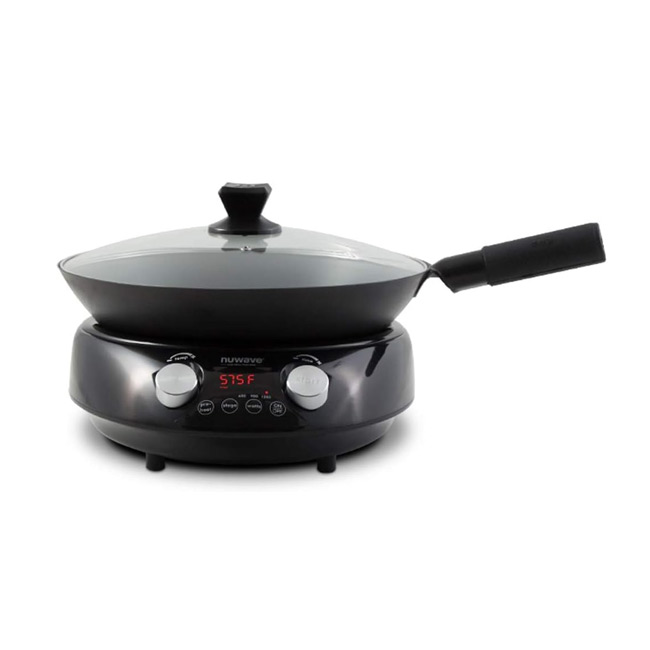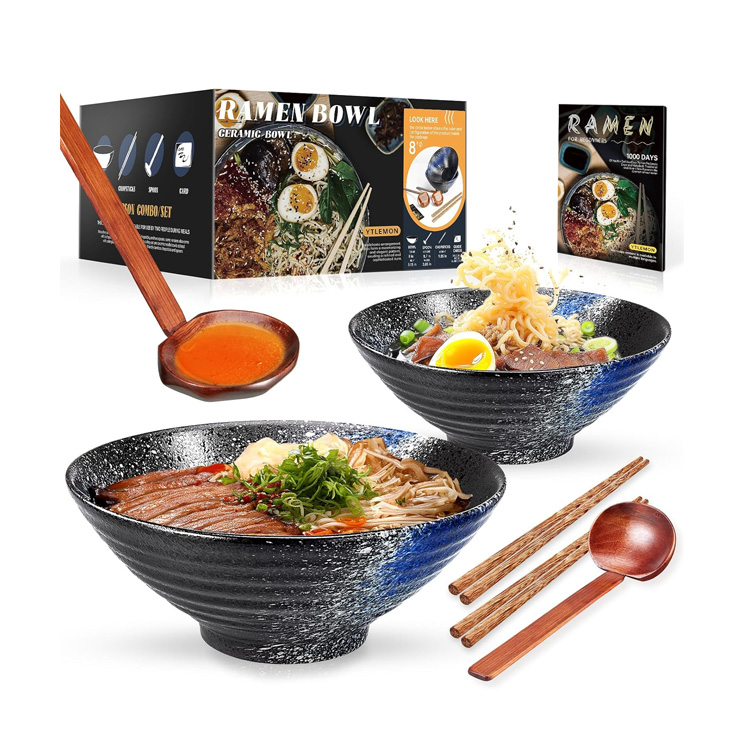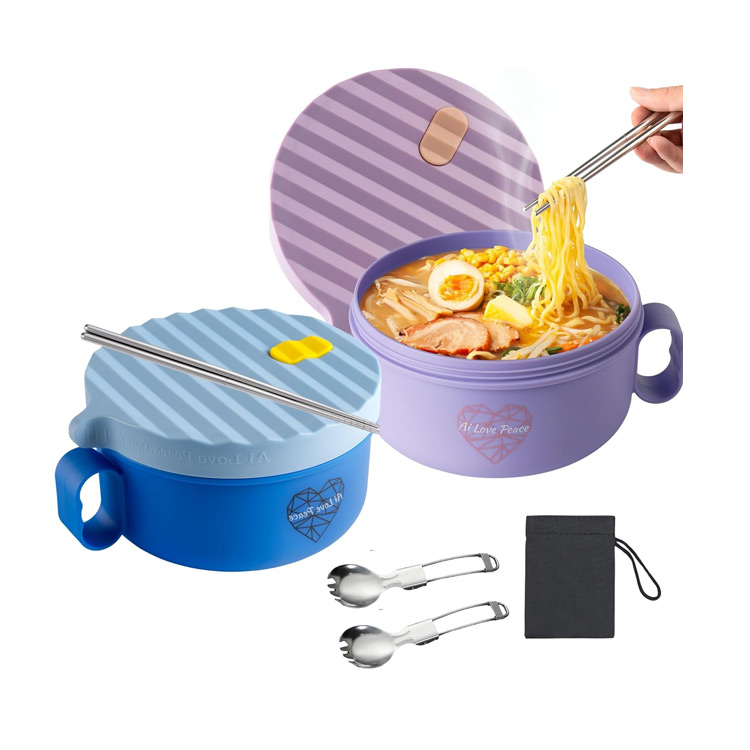Hiyashi Tanmen, or Cold Ramen with Vegetables, is a refreshing and nutritious Japanese dish perfect for hot summer days. Unlike the heavier, warm ramen bowls typically enjoyed in cooler weather, Hiyashi Tanmen offers a light, chilled alternative that highlights fresh, crisp vegetables and a tangy, flavorful broth.
This dish combines the satisfying chewiness of cold ramen noodles with a medley of vibrant, seasonal vegetables, creating a meal that is both healthy and delicious. The balance of textures and the subtle, refreshing flavors make Hiyashi Tanmen a popular choice for those seeking a lighter yet still fulfilling ramen experience.
Hiyashi Tanmen Ramen
Broth / Dressing
The broth for Hiyashi Tanmen is typically light and refreshing, often made with a base of soy sauce, rice vinegar, and a touch of sesame oil. This combination creates a tangy and slightly savory flavor profile that complements the fresh vegetables and chilled noodles.
The broth is usually prepared in advance and chilled, ensuring it is cool and refreshing when served. Sometimes, dashi (Japanese soup stock) is added to enhance the umami depth, making the broth both flavorful and light.
Hiyashi Tanmen
ramen Noodles
Hiyashi Tanmen features medium-thick ramen noodles that are cooked until just tender, then thoroughly rinsed under cold water to stop the cooking process and cool them down.
This method ensures the noodles retain a firm, chewy texture, which is essential for the overall eating experience. The chilled noodles provide a satisfying contrast to the crunchy vegetables and tangy broth, making each bite a refreshing delight.
Hiyashi Tanmen
Ramen Toppings
The toppings for Hiyashi Tanmen are what make this dish truly special. A variety of fresh, seasonal vegetables are used to add color, texture, and nutrition. Common toppings include julienned cucumbers, carrots, bell peppers, and bean sprouts.
Additionally, blanched greens such as spinach or bok choy can be added for extra flavor and nutrients. Thinly sliced protein options like chicken, ham, or tofu are also popular. These ingredients are carefully arranged on top of the noodles, creating a visually appealing and deliciously balanced meal.
A brief history of Hiyashi Tanmen Ramen
Hiyashi Tanmen has its origins in Japan’s culinary adaptation to hot summer months, where lighter and more refreshing meals are preferred. While traditional tanmen is served hot with a variety of vegetables in a savory broth, the cold version emerged as a seasonal adaptation.
This variation became popular in the mid-20th century as a way to enjoy the flavors of tanmen without the heat of a steaming bowl. The dish quickly gained popularity for its balance of nutrition and taste, offering a cool respite during Japan’s humid summers.
Today, Hiyashi Tanmen remains a beloved summer dish, celebrated for its refreshing qualities and versatility.
Hiyashi Tanmen Ramen recipe
Ingredients for the Broth:
- 4 cups dashi (Japanese soup stock)
- 1/4 cup soy sauce
- 2 tablespoons rice vinegar
- 1 tablespoon mirin
- 1 tablespoon sesame oil
- 1 teaspoon sugar
Ingredients for the Toppings and Noodles:
- 4 servings of medium-thick ramen noodles
- 1 cucumber, julienned
- 1 carrot, julienned
- 1 bell pepper, thinly sliced
- 1 cup bean sprouts, blanched
- 1 cup spinach or bok choy, blanched
- 8 thin slices of cooked chicken, ham, or tofu
- 2 green onions, finely chopped
- Sesame seeds for garnish
- Pickled ginger (optional)
Instructions:
Prepare the Broth:
- In a bowl, combine the dashi, soy sauce, rice vinegar, mirin, sesame oil, and sugar.
- Stir well until the sugar is dissolved.
- Chill the broth in the refrigerator until ready to serve.
Prepare the Noodles:
- Bring a large pot of water to a boil.
- Cook the ramen noodles according to the package instructions until they are just tender.
- Drain and rinse the noodles under cold running water to cool them completely. Drain well.
Prepare the Toppings:
- Julienne the cucumber and carrot, and thinly slice the bell pepper.
- Blanch the bean sprouts and spinach or bok choy in boiling water for 1-2 minutes, then rinse under cold water to cool.
- Thinly slice the cooked chicken, ham, or tofu.
Assemble the Ramen:
- Divide the chilled noodles into four bowls.
- Pour the cold broth over the noodles in each bowl.
Add Toppings and Serve:
- Arrange the cucumber, carrot, bell pepper, bean sprouts, spinach or bok choy, and protein slices on top of the noodles.
- Garnish with finely chopped green onions, sesame seeds, and pickled ginger if desired.
Serve the ramen and enjoy!

